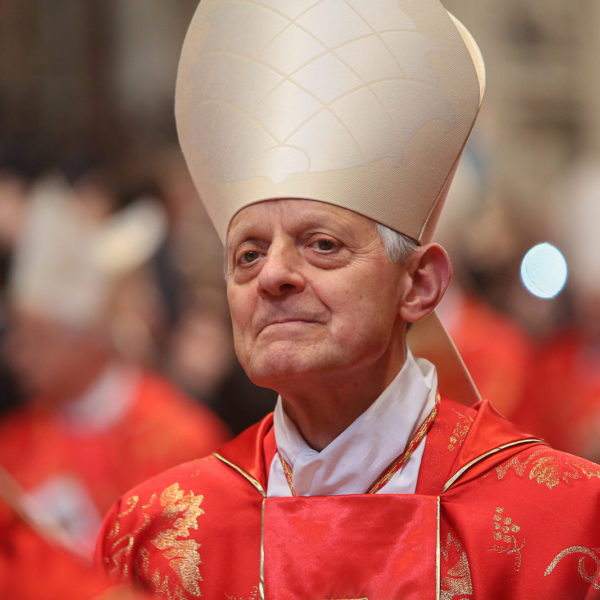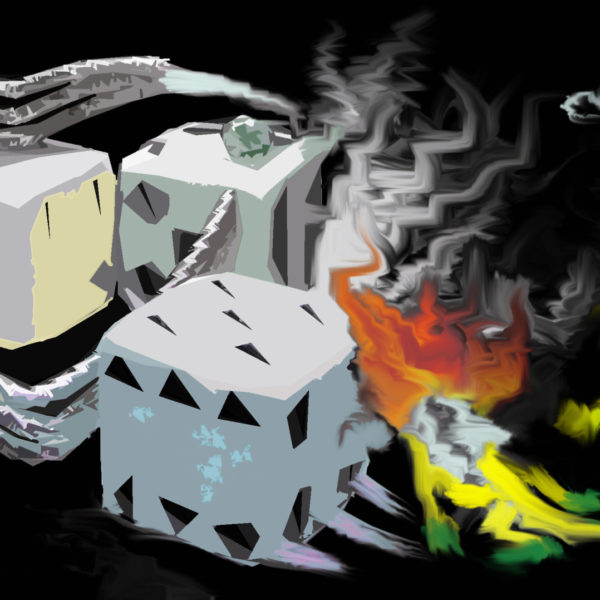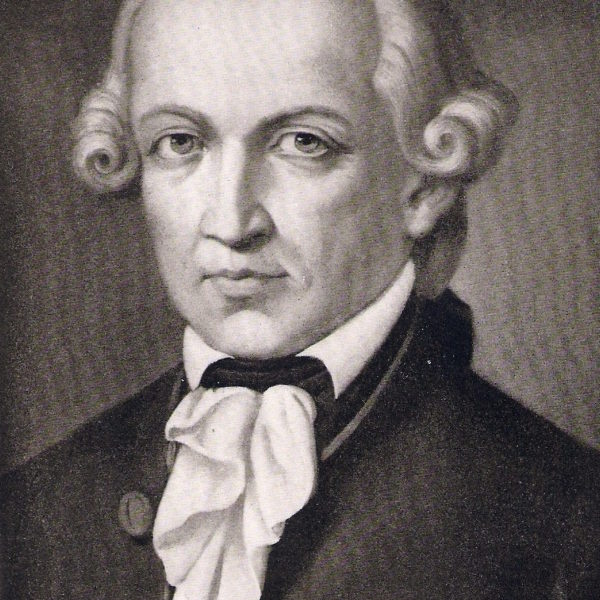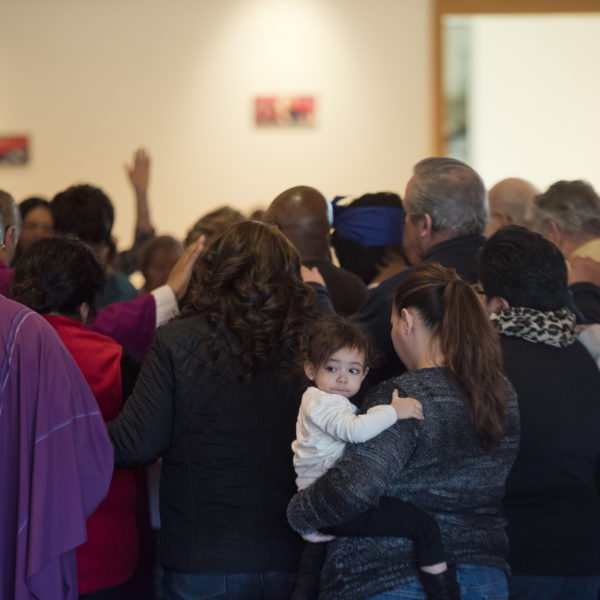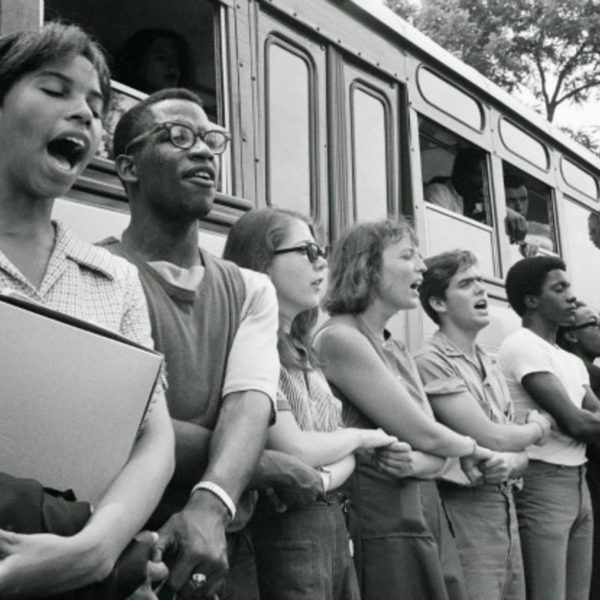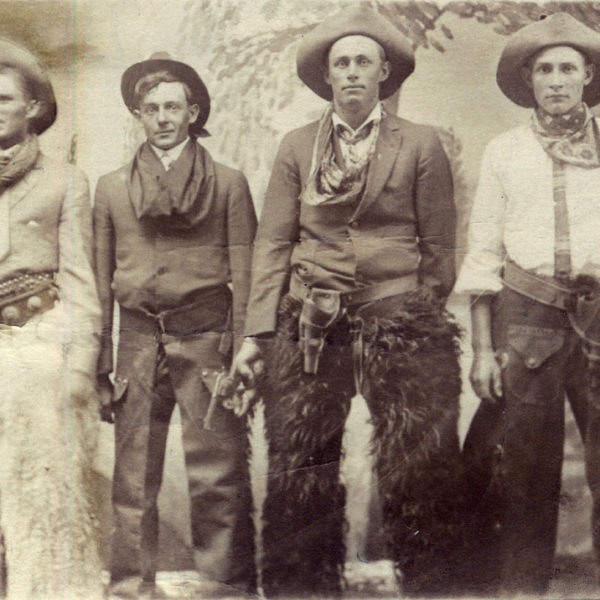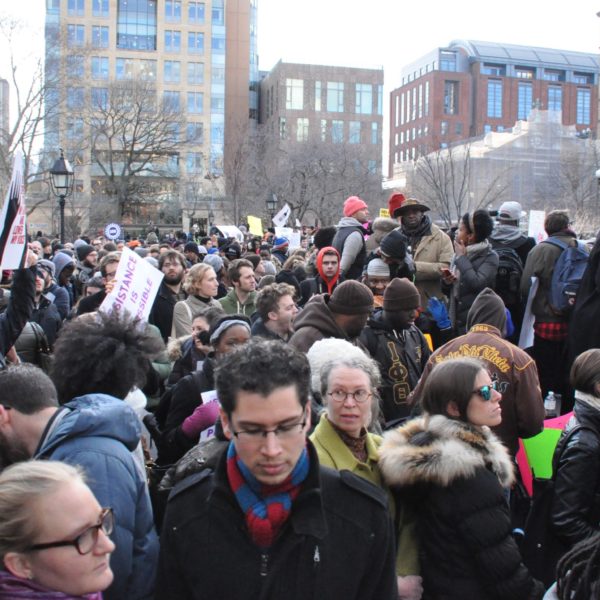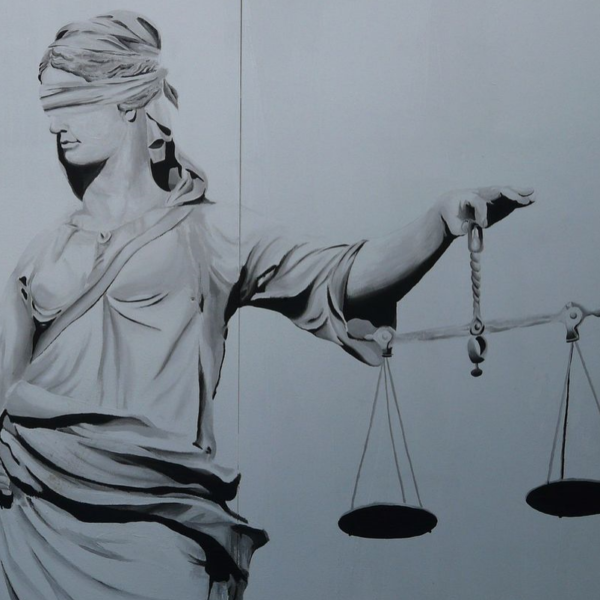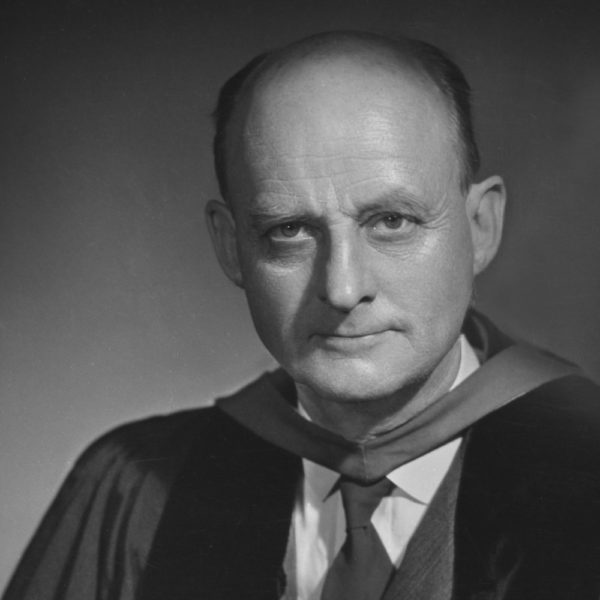
When we understand that the Nixon campaign combined a call to law and order with the so-called Southern Strategy, it becomes clear that white sympathies were cultivated and that blacks were made to play the part of the enemy. Nixon’s presidency was a take-no-prisoners form of democracy mixed with demagoguery.

This course was conceived as a way to introduce undergraduates to the conversation about religion and politics in Western tradition. I wanted to give them a broad historical overview, with in-depth selections or snapshots to get at ways the relation between religious and political spheres has been conceived in different historical moments.
By Guest Post
